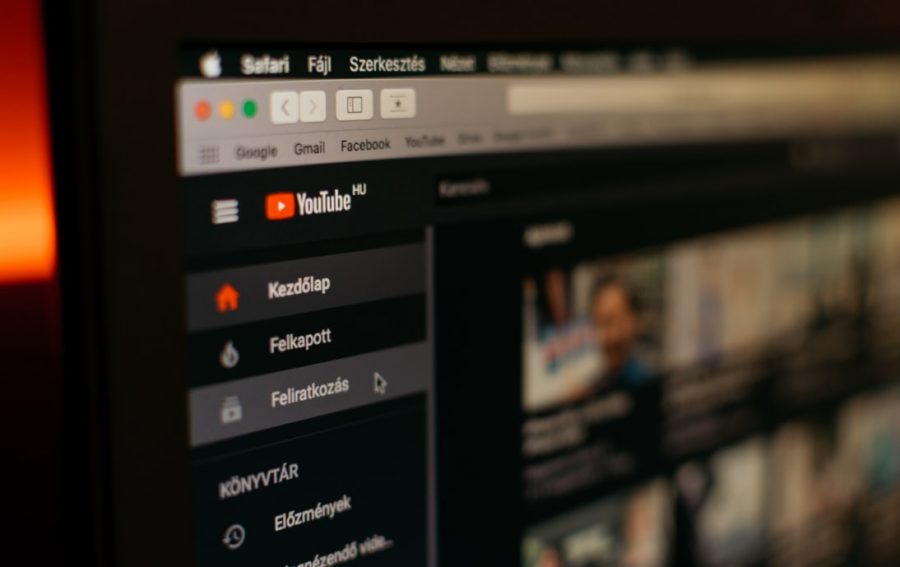Web Tracking: Its Pros and Cons
How is your information being shared online?
Web tracking allows sites like YouTube to improve their user’s experience.
There is no doubt that technology has provided most people with access to nearly all types of information with just a quick search on the internet. You can buy all of your necessities online with just a few clicks, and even make a video call to people thousands of miles away. However, the widespread use of technology has also led to an increase in an activity known as “web tracking” across many common websites that people use. In fact, as of 2017, about 79% of all websites use trackers to collect their users’ data.
So what is web tracking? Web tracking is simply the collection and sharing of information about an individual’s activity on the internet. This information can be anything from IP addresses — which determine your location, information about how you interact with websites, such as how long you spend on a page — to even activity across different websites, which allows trackers to learn about your interests and your shopping habits.
According to a CookiePro article by Eliza Crawford, web tracking is made possible with the use of what is known as “cookies.” “Cookies” are small pieces of data that websites store on your device. Once a cookie is on your computer, it can be continually accessed until you close your browser. In fact, some can even remain until you or the website manually delete it. Another way that websites track your information is through the use of web beacons, which are usually a tiny 1 by 1 pixel that is hidden in images; this pixel then monitors how you use a page, and it can track your time spent on that page. It can also track information about the browser or even your IP (Internet Protocol), which can give information about your location. Beacons are commonly used in advertisements, which can allow advertisers to target ads to people who frequently purchase items online.
Although the knowledge that your activity online is being tracked can be frightening, there are many benefits that come from web tracking. One of the biggest benefits of web tracking is the improved user experience on a website. YouTube, for example, tracks videos that you have watched on their website, and YouTube then uses that data to recommend more videos that are similar to what you frequently watch. Targeted advertising is not necessarily a bad idea, either. “Targeted ads are very helpful when trying to shop online,” Evan Lin ’21 noted. “Advertisements on sites like Facebook have allowed me to find great deals that I would not have known about otherwise,” Lin said.
So why do people dislike web tracking if it is generally helpful? One of the biggest complaints about web tracking is the sheer amount of personal information that is collected by these websites. Many people are uncomfortable with the thought of having personal information such as their name, birthday, and interests being shared with complete strangers. In addition, the possibility of data leaks can also expose your information to criminals and hackers. Others worry that the personalized advertisements can lead people to develop bad spending habits, as they are constantly shown products that they may want to purchase.
Web tracking is an aspect of online browsing that can be very helpful for consumers; however the way that it is currently employed is definitely a cause for concern.
“Targeted ads are very helpful when trying to shop online,” Evan Lin ’21 noted. “Advertisements on sites like Facebook have allowed me to find great deals that I would not have known about otherwise,” Lin said.
Huixiang Lin is a Chief Graphic Designer for ‘The Observatory’ yearbook. Outside of school, Huixiang enjoys reading novels, particularly those of the...

